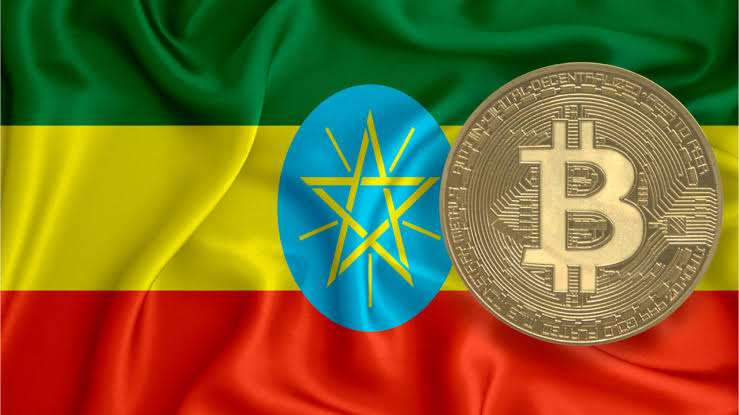Despite Ethiopia’s outlawing of physical cryptocurrency exchange, the country welcomes Bitcoin mining operations.
Bitcoin mining has become increasingly popular in Ethiopia since China expelled the industry from its territory in 2021.
After the prohibition was lifted, the largest corporations in China dispersed worldwide in search of new locations that would accommodate their energy-intensive business practices.
When cargo containers containing powerful mining computers appeared near electricity substations associated with the Grand Ethiopian Renaissance Dam last spring, that journey brought many individuals to Africa.
Ethiopia: A New Hub for Bitcoin Mining
Ethiopia, which has outlawed the physical exchange of cryptocurrencies, authorized Bitcoin mining operations to commence in 2022.
“Mining” refers to the procedure by which additional Bitcoin units are introduced into circulation while the underlying blockchain is fortified.
As a result of the substantial energy consumption required to compete for new BTC, mining expenses are electricity-related. Ethiopia has among the most affordable electricity rates in the entire globe.
Additionally, it is a particularly appealing location for Chinese enterprises. In the ten years since the nation’s ties with China have grown, numerous Chinese companies have contributed to the $4.8 billion dam’s construction, which will provide power to the miners.
Mining is notable among power-consuming industries for its ability to operate regardless of location or demand. Due to these factors, miners can prioritize inexpensive power sources, irrespective of geographical constraints or supply inconsistency.
In 2021, approximately 1% of the global Bitcoin mining community was powered in Norway, almost exclusively by hydropower.
“Ethiopia will become one of the most sought-after locations for Chinese miners,” Bloomberg quoted Nuo Xu, the originator of the China Digital Mining Association.
Russia, akin to Ethiopia, has embraced Bitcoin mining but prohibited its use in other contexts, specifically as a transaction method.
Calculating the costs and benefits of hosting miners within one’s borders presents a challenge for regulatory bodies. Although mining can be a lucrative industry, it can also strain electrical infrastructure during periods of high demand.
Kazakhstan and Iran, for instance, were once global champions in Bitcoin mining before opposing the practice due to its high energy consumption.
“First, nations may exhaust their electricity supplies, leaving no space for miners to expand,” said Jaran Mellerud, chief executive officer of Hashlabs Mining. “Secondly, miners may be abruptly declared undesirable by the government and compelled to vacate.”












